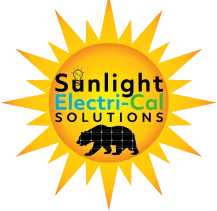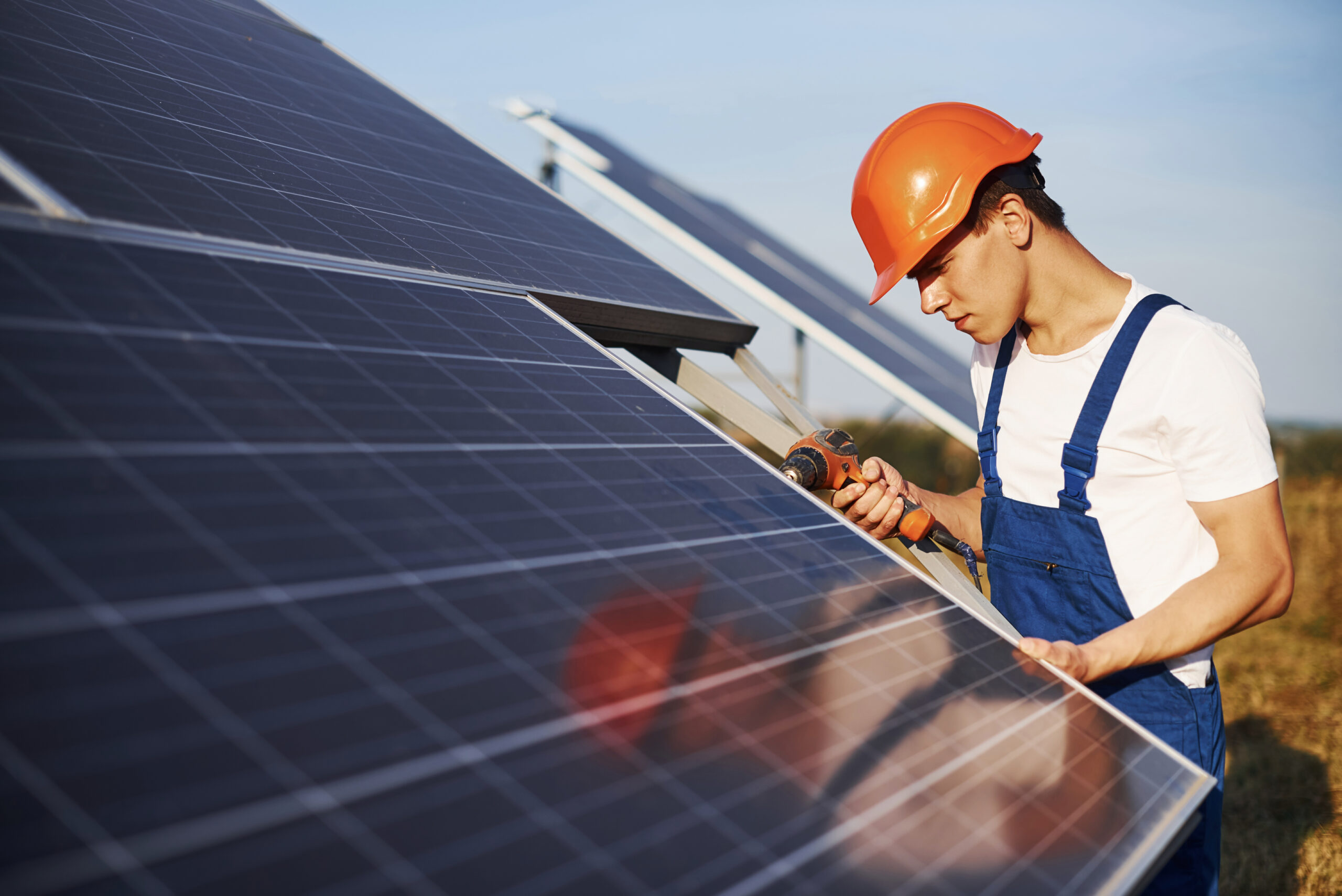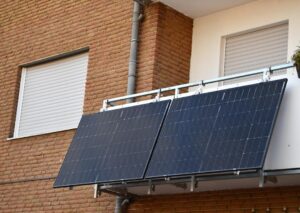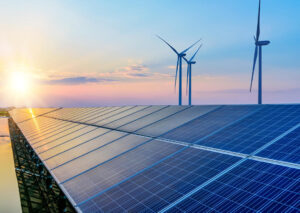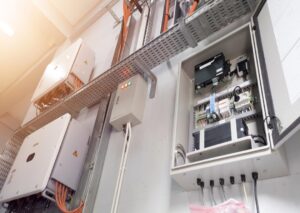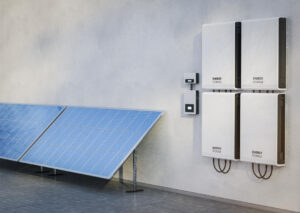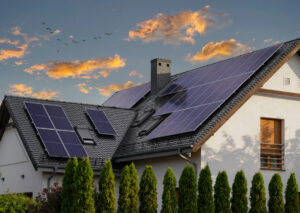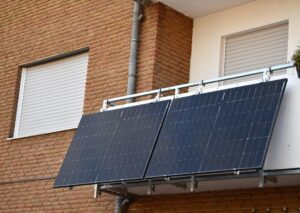Solar energy systems are a reliable and efficient source of power, but like any technology, they can experience issues. Understanding common problems and how to troubleshoot them can help ensure your solar system operates optimally. This guide will help you identify and fix common solar system issues, focusing on solar troubleshooting, solar repair, and inverter issues.
Identifying Common Solar System Issues
Performance Drop
A noticeable drop in performance is a common issue for solar systems. This can be identified by a decrease in the amount of electricity generated compared to previous months, despite similar weather conditions. Monitoring systems and regular checks can help spot performance drops early.
Potential causes of performance drops include shading from trees, buildings, or debris, which can cast shadows on panels and reduce their efficiency. Dirt, leaves, bird droppings, and other debris can accumulate on panels, obstructing sunlight. Over time, solar panels can degrade, reducing their efficiency, though this should be a gradual process.
Solutions to these issues involve removing obstructions by trimming trees or removing any objects casting shadows on your panels. Regular cleaning of the panels with water and a soft brush can remove dirt and debris. If the issue persists, a professional inspection can help identify signs of degradation or damage.
Inverter Issues
The inverter is a crucial component of a solar energy system, converting the DC electricity generated by the panels into AC electricity used by most household appliances. Inverter issues can significantly impact system performance.
Potential causes of inverter issues include connection problems, such as loose or corroded connections that can disrupt the flow of electricity. Faulty components due to manufacturing defects can also be a problem, as can overheating if the inverter is not properly ventilated, leading to shutdowns or reduced efficiency.
Solutions involve checking all connections to ensure they are secure and free of corrosion and tightening any loose connections. Sometimes, resetting the inverter can resolve minor issues; refer to the manufacturer’s instructions for proper reset procedures. Ensuring the inverter has adequate ventilation can prevent overheating. If issues persist, contacting a professional to diagnose and repair the inverter is advisable, especially since inverters often come with warranties that might cover repairs.
Monitoring System Errors
Solar monitoring systems provide real-time data on the performance of your solar panels. Errors in the monitoring system can give false readings or fail to report issues.
Potential causes include software glitches that can cause inaccurate data reporting. Connection problems with the internet or wiring can disrupt data transmission, and outdated firmware can cause compatibility issues with newer system components.
Solutions involve regularly updating the monitoring system’s software and firmware to the latest versions. Ensuring all connections are secure and properly configured can also help. Rebooting the monitoring system can resolve minor glitches; refer to the manufacturer’s instructions for proper reboot procedures. If issues persist, contacting the monitoring system’s technical support for assistance is recommended.
Fixing Solar System Issues
DIY Maintenance and Repairs
While some solar system issues require professional intervention, many can be addressed with basic DIY maintenance and repairs. Essential tools include a multimeter to check electrical connections and measure voltage, a soft brush and water hose for cleaning solar panels, and screwdrivers and wrenches for tightening connections and securing components.
Common DIY tasks include cleaning the panels using a soft brush and water, avoiding abrasive materials and harsh chemicals. Regularly inspecting and tightening all electrical connections can prevent many issues. Rebooting the monitoring system periodically ensures accurate data reporting.
When to Call a Professional
Certain issues are best handled by professionals to ensure safety and proper repairs. Persistent performance drops that cleaning and basic maintenance do not resolve require a professional inspection. Inverter failures often need specialized knowledge and tools for repairs. Handling wiring and electrical components can be dangerous without proper training, making professional intervention necessary.
Preventative Measures
Preventative maintenance can help avoid many common solar system issues. Regular inspections, both monthly visual inspections for visible signs of damage or shading and annual professional inspections to identify potential issues early, are crucial.
System upgrades, such as upgrading to a more advanced monitoring system for better performance tracking and adding battery storage to store excess energy and improve system resilience, can also help maintain the efficiency of your solar energy system.
Proper installation by qualified professionals is essential to minimize the risk of installation-related issues. Investing in high-quality solar panels and inverters with good warranties can ensure long-term performance and reliability.
Troubleshooting and fixing common solar system issues can help maintain the efficiency and longevity of your solar energy system. By identifying performance drops, addressing inverter issues, and ensuring your monitoring system is functioning correctly, you can keep your solar panels generating optimal power. Regular maintenance and timely professional interventions are key to preventing and resolving issues, ensuring you get the most out of your solar investment.
